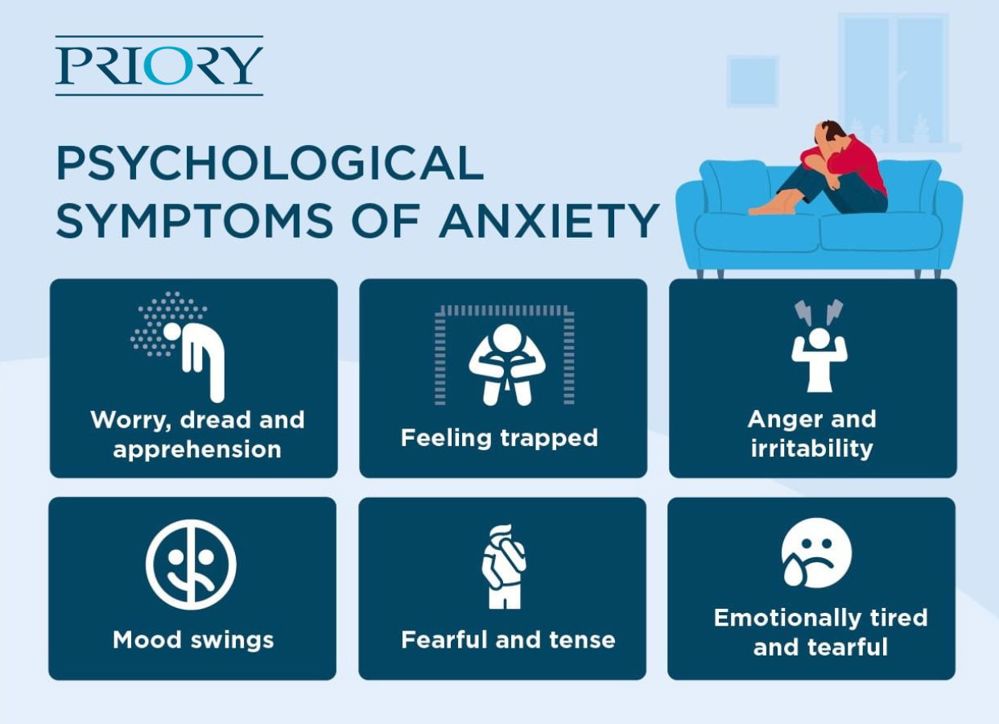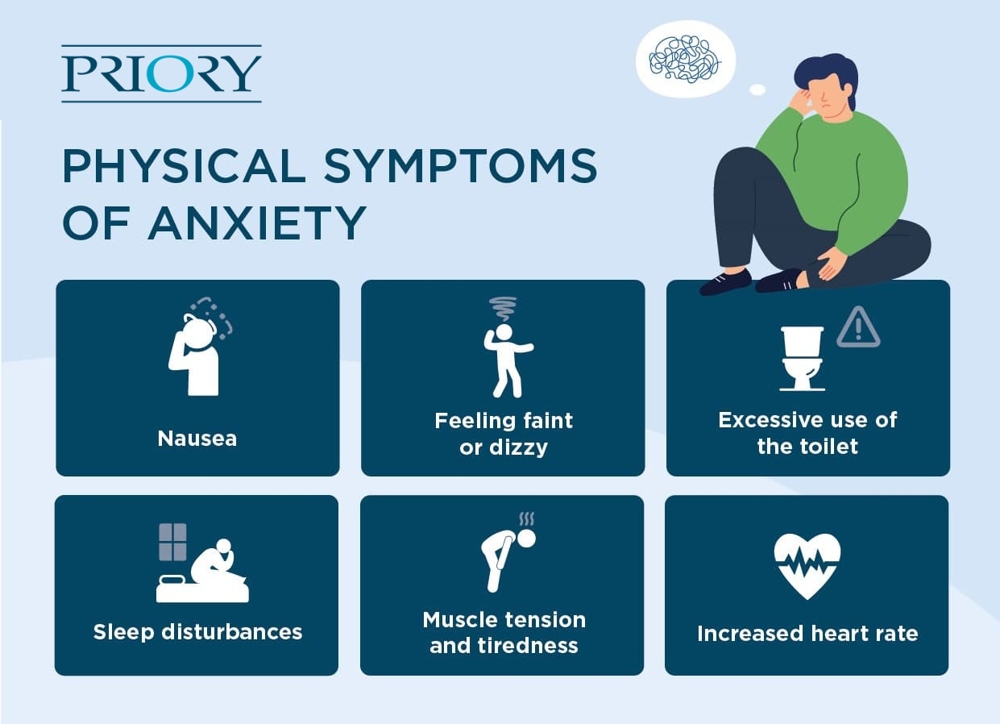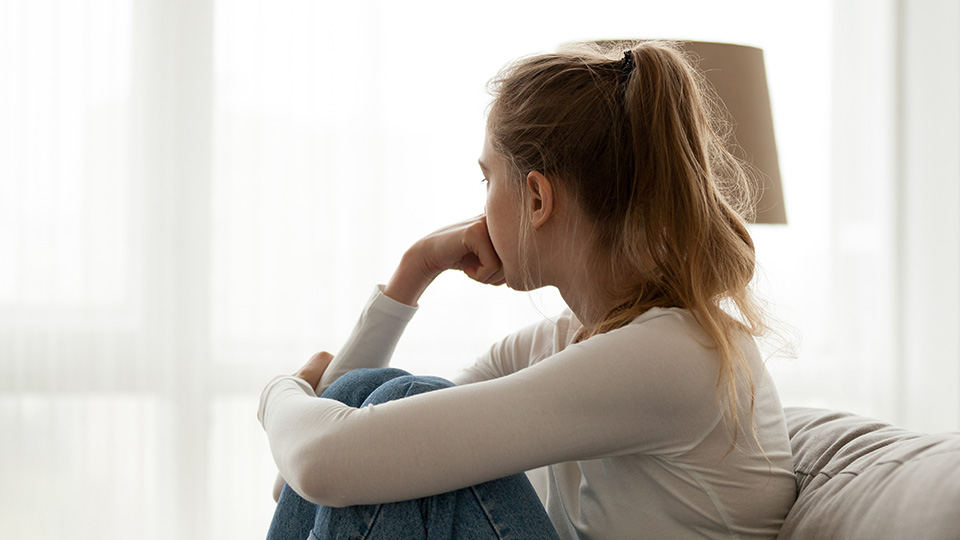Who can get anxiety symptoms?
Anxiety as a feeling can, and does, happen to anyone. However, for people who develop severe anxiety and are diagnosed with a type of anxiety disorder, the causes could be one or a combination of things. Some common causes for developing an anxiety disorder include:
Life events
Going through a significant life event or experience can be a major trigger for severe anxiety. These events may bring about change and upheaval in your life that you're struggling to cope with. The stress that these events bring can result in anxiety. Examples include:
- Losing someone who's close to you
- The break-up of a marriage or relationship
- Money issues
- Working long hours or suddenly losing your job
- Worrying about issues in the world around you, such as a pandemic, war, famine, or concerns around the environment
Childhood or past trauma
During your childhood years, you're still developing emotionally as a human being. If traumatic events or experiences occur during childhood, it may affect your ability to deal with stressful scenarios in adulthood – as you were unable to fully develop the right coping strategies as a child. Some of these experiences include:
- Physical, sexual or emotional abuse
- Neglect
- Divorce of your parents
- Loss of a parent – especially at an early age
- Being bullied in school, or struggling to make friends
These issues might also affect you as an adult, especially if you bottle up any feelings you have around these issues.
They may leave you with a number of negative automatic thoughts: 'I’m a failure, I’m no good at anything', or negative assumptions: 'I'll never make anything of myself; everything I touch is doomed to failure'. These feelings may have been implanted in our subconscious minds many years ago by a figure in authority. We want to get past them but we fear they might be true.
Other health complications
It's common for people who are diagnosed with an anxiety disorder to also have issues with other areas of their health. For example, anxiety is common symptom of depression, and many people who live with depression might develop an anxiety disorder because of their struggles with mental health.
Physical health problems can also intertwine with mental health in a way that contributes to developing anxiety. If you have a history of health issues, you might develop health anxiety, where you become worried that small sensations are major health problems. A serious physical health issue might also lead to developing anxiety, especially if it severely affects your quality of life. It's also worth noting that some medication may list anxiety as a side effect.
Sometimes, an unbearable anxiety can be 'converted' into a more acceptable physical symptom such as back pain, or migraine, or even a paralysis. We can search for an underlying physical problem and have numerous investigations that fail to find a source. It is then that the possibility of everything being caused by anxiety arises.













